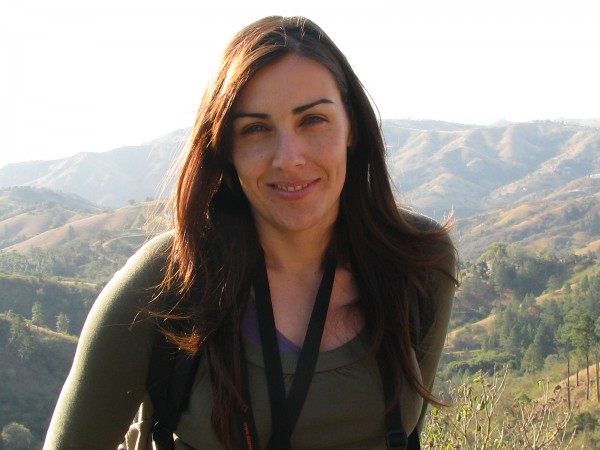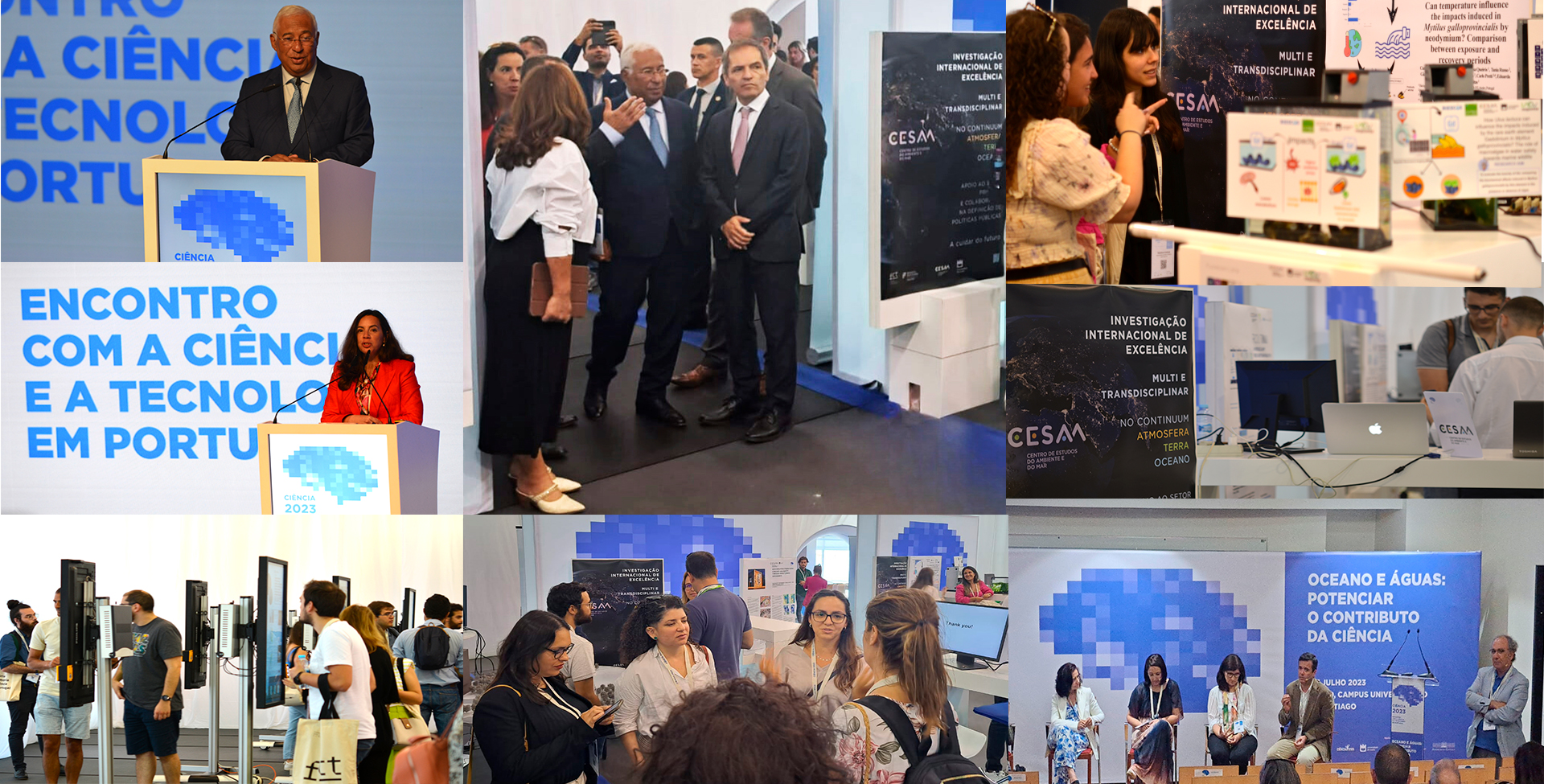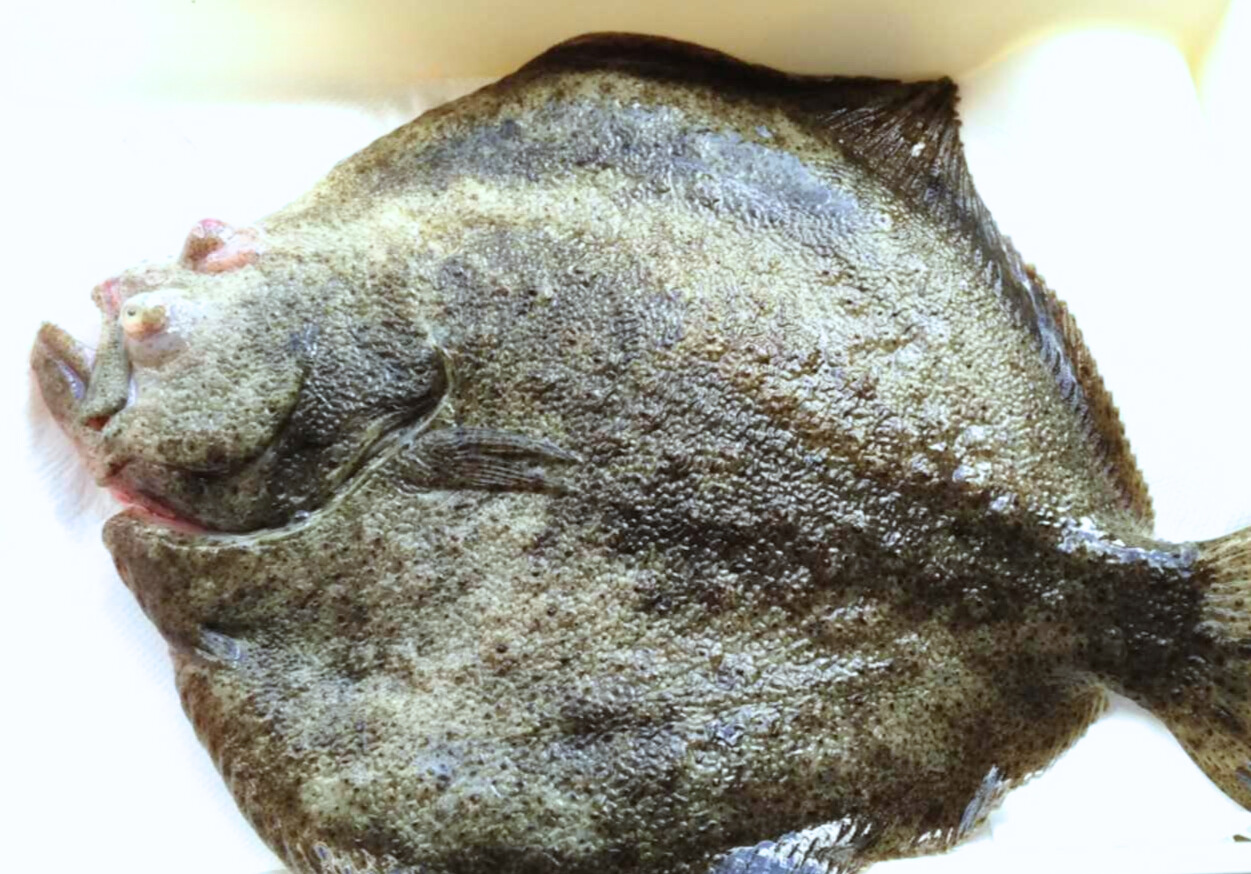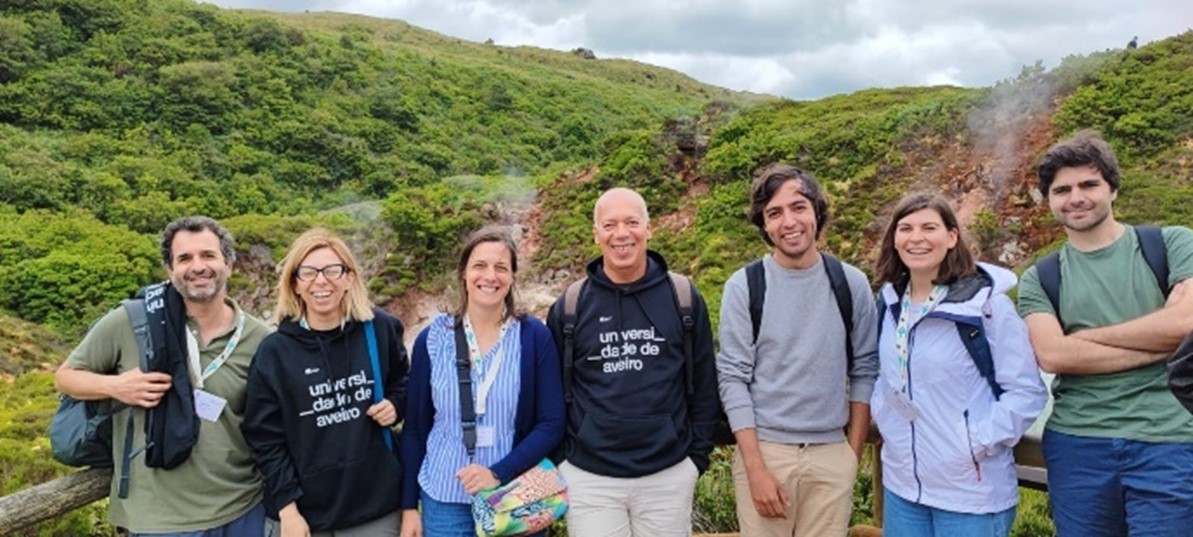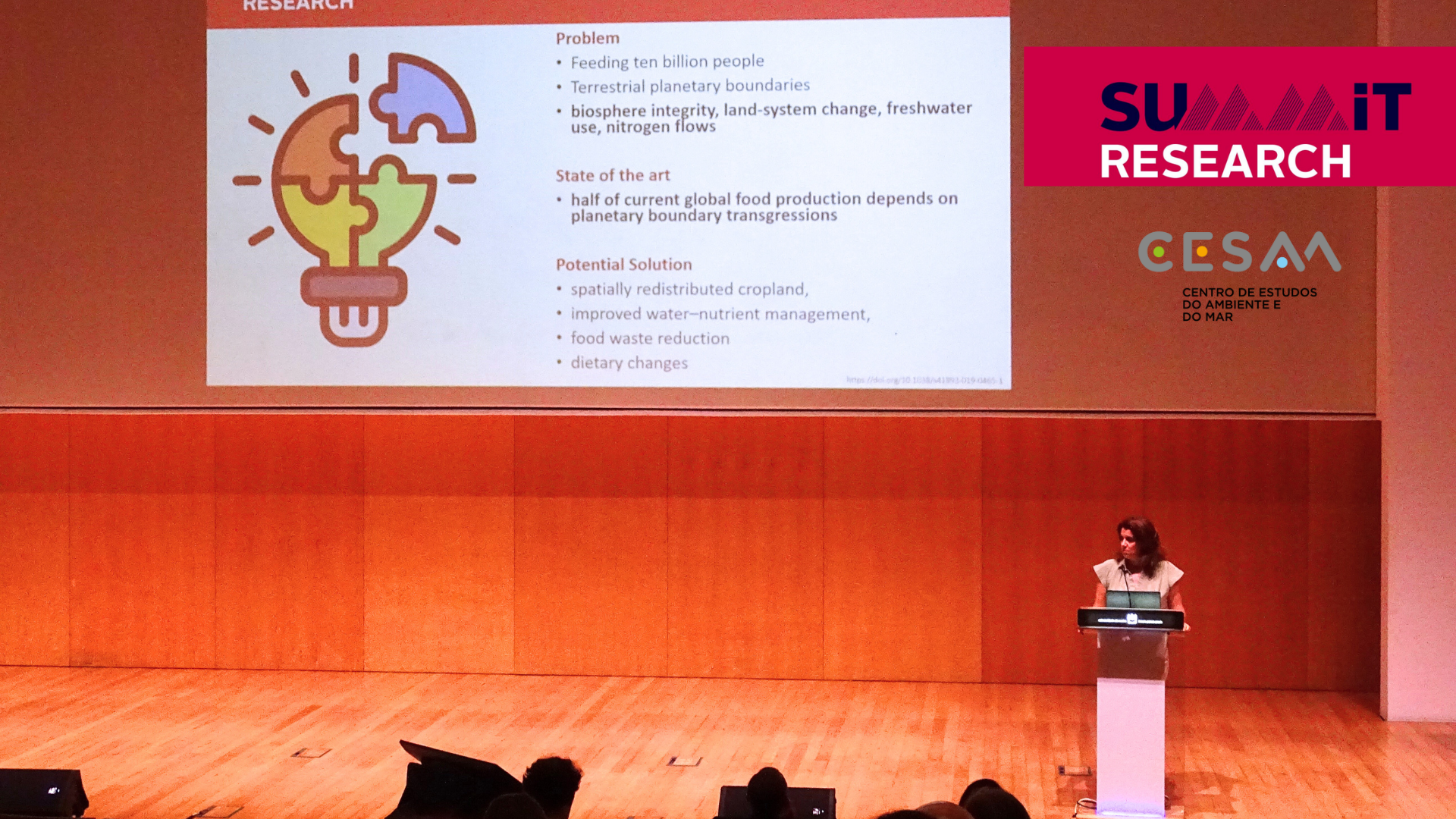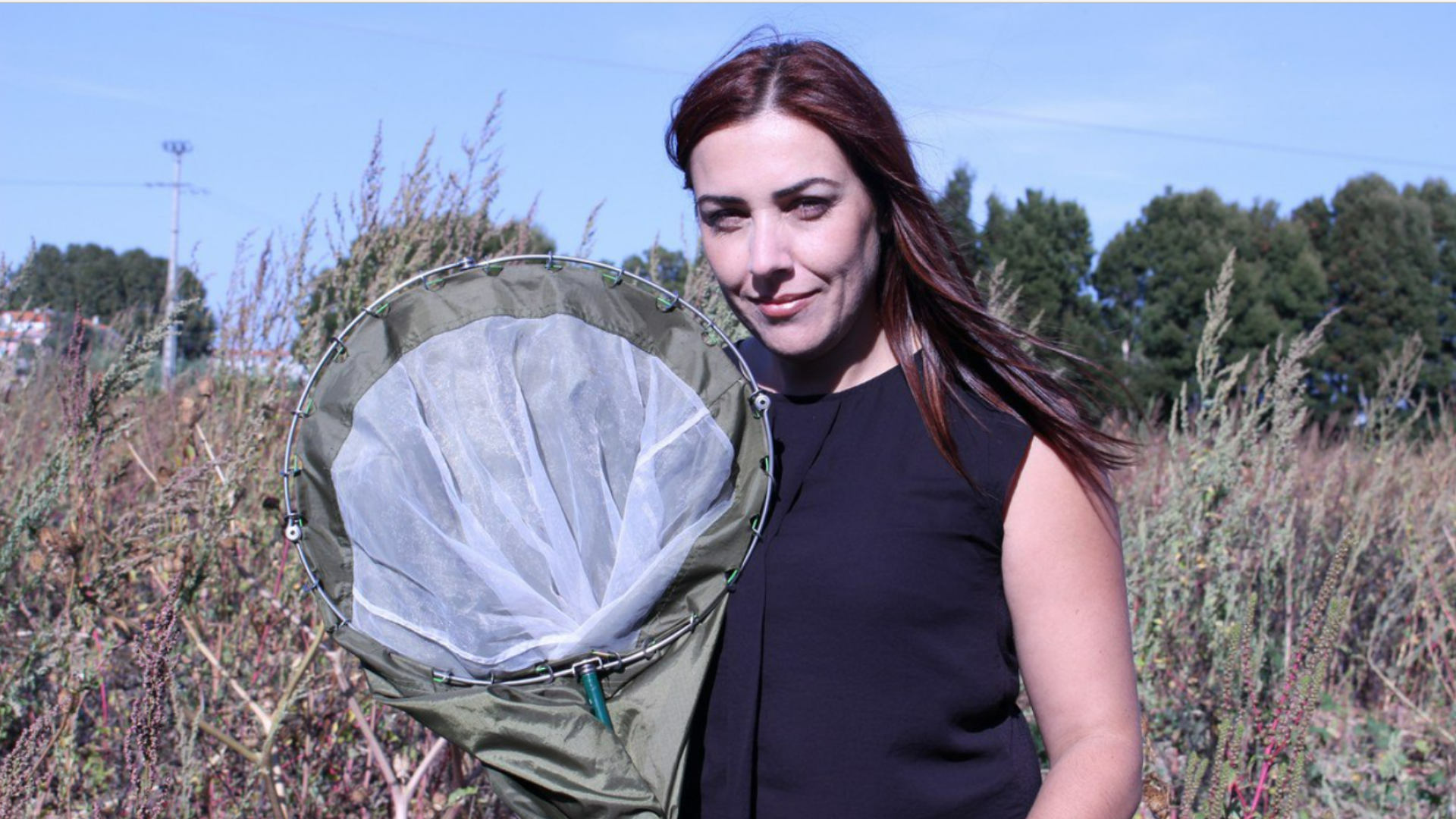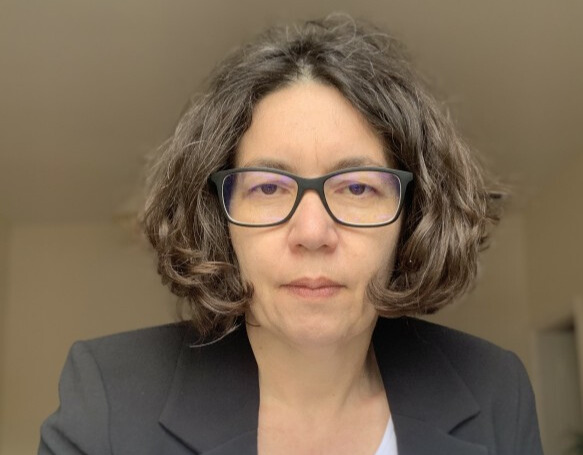Olga Ameixa, a researcher from the Department of Biology and CESAM at the University of Aveiro, has been appointed by the Foundation for Science and Technology (FCT) as the national delegate to join the Management Committee of the COST Action Insect-IMP – “Improved Knowledge Transfer for Sustainable Insect Breeding” (CA22140), of which she is also a proponent. The COST Action brings together 45 participants from 20 countries.
Insect farming can play a vital role in ensuring global food security by reducing the environmental footprint of food production and enhancing the sustainability of modern agricultural systems. However, current practices rely on insect populations with poorly understood genetics. While knowledge of livestock genetics has significantly contributed to agricultural advancements, few efforts have been made to develop structured breeding programs that can ensure genetic improvement of insect species.
Given the increasing importance of bees as pollinators and the continuous growth of other insect farming systems, there is a growing need to coordinate research efforts in the field of insect breeding and genetics. The Insect-IMP Action aims to establish connections between researchers from various fields such as genetics, entomology, and veterinary sciences, as well as key stakeholders across the insect farming sector.
The action will facilitate the transfer of knowledge about various insect species, as well as insights from other animal breeding and genetics sectors. This will foster research development and economic gains in insect farming and apiculture. Collaboration within the action will promote a more sustainable growth of the insect farming sector, enhance research capabilities at the European level, lay the groundwork for long-term research-industry collaboration beyond borders, and support well-informed decisions in insect breeding regulation.
Text by: Olga Ameixa (CESAM/DBIO) in collaboration with CESAM
